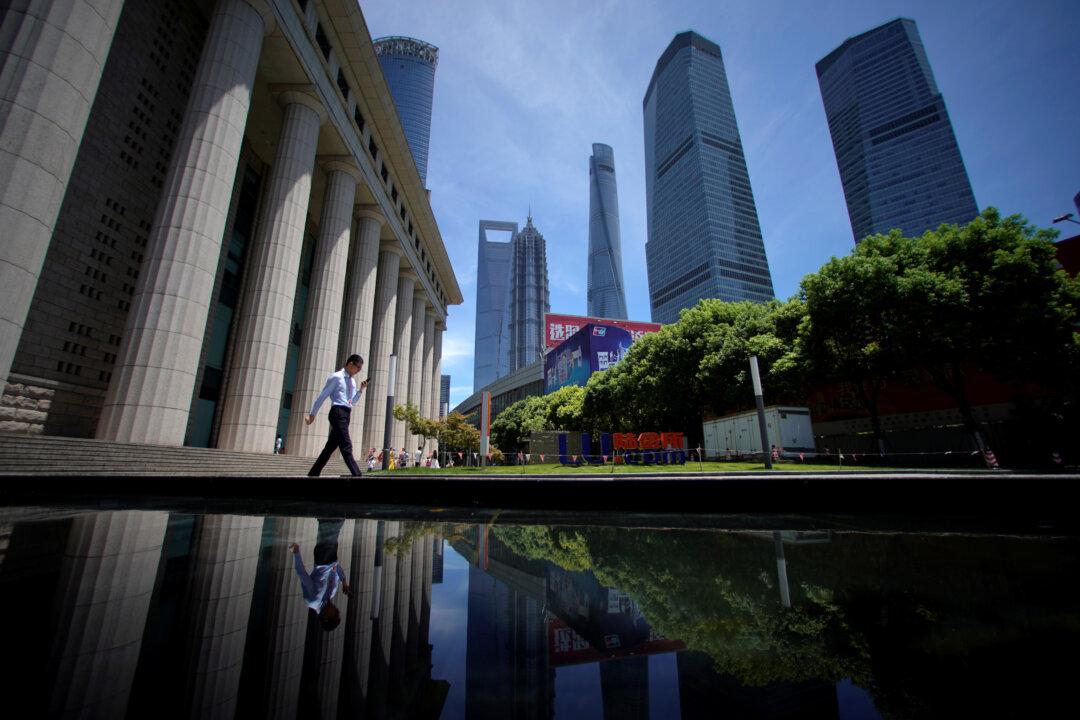Commentary
Under Xi Jinping, the Chinese Communist Party (CCP) is increasing its control of the economy by establishing the Party units in state-owned enterprises, private companies, joint ventures, and foreign companies, both at home and abroad.

Under Xi Jinping, the Chinese Communist Party (CCP) is increasing its control of the economy by establishing the Party units in state-owned enterprises, private companies, joint ventures, and foreign companies, both at home and abroad.